
Lancelot Andrewes was an English bishop and scholar, who held high positions in the Church of England during the reigns of Elizabeth I and James I. During the latter's reign, Andrewes served successively as Bishop of Chichester, of Ely, and of Winchester and oversaw the translation of the King James Version of the Bible. In the Church of England he is commemorated on 25 September with a lesser festival.

Richard Bancroft was an English churchman, Archbishop of Canterbury from 1604 to 1610 and "chief overseer" of the King James Bible.

Thomas Morton was an English churchman, bishop of several dioceses. Well-connected and in favour with James I, he was also a significant polemical writer against Roman Catholic views. He rose to become Bishop of Durham, but despite a record of sympathetic treatment of Puritans as a diocesan, and underlying Calvinist beliefs shown in the Gagg controversy, his royalism saw him descend into poverty under the Commonwealth.
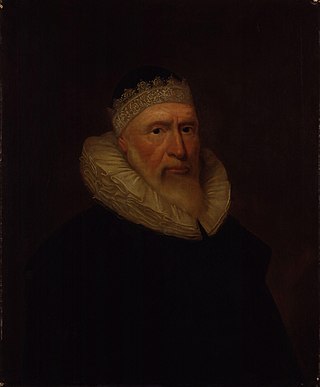
Sir Julius Caesar was an English lawyer, judge and politician who sat in the House of Commons at various times between 1589 and 1622. He was also known as Julius Adelmare.
Jasper Mayne was an English clergyman, translator, and a minor poet and dramatist.

Gervase Babington (1549/1550–1610) was an English churchman, serving as the Bishop of Llandaff (1591–1594), Bishop of Exeter (1594–1597) and Bishop of Worcester in 1597–1610. He was a member of the Babington family and held influential offices at the same time as his cousin Anthony Babington was executed for treason against Elizabeth I as part of the Babington Plot.
Godfrey Goodman, also called Hugh; was the Anglican Bishop of Gloucester, and a member of the Protestant Church. He was the son of Godfrey Goodman (senior) and Jane Croxton, landed gentry living in Wales. His contemporaries describe him as being a hospitable, quiet man, and lavish in his charity to the poor.

Herbert Croft (1603–1691) was an English churchman, bishop of Hereford from 1661.
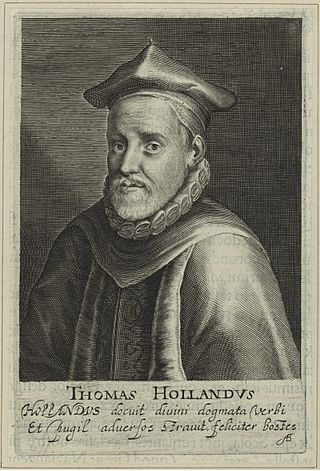
Thomas Holland was an English Calvinist scholar and theologian, and one of the translators of the King James Version of the Bible.
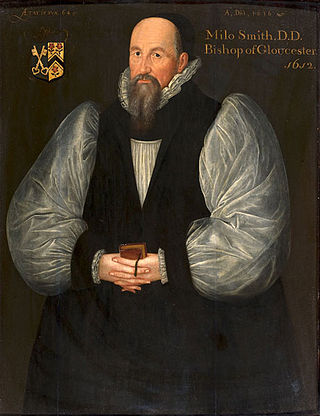
Miles Smith was a clergyman of the Church of England renowned as a most accomplished theologian, scholar and bibliophile. After attaining the degree of DD, or doctor of divinity, he progressed to become Bishop of Gloucester (1612-1624). Although he may have been at times an indifferent administrator, his erudition contributed fundamentally to the translation and production of the King James Bible.

Thomas Godwin was an English bishop, who presided over the Diocese of Bath and Wells.

Godfrey Goldsborough was a Church of England clergyman and Bishop of Gloucester from 1598 to 1604. He also served as a Prebendary of Worcester.

Samuel Fell D.D. was an English academic and clergyman, Dean of Christ Church, Oxford and Vice-Chancellor of the University of Oxford during the First English Civil War.
Meredith Hanmer (1543–1604) was a Welsh clergyman, known as a controversialist, historian, and translator. He was considered embittered, by the Lord-Deputy William Russell, 1st Baron Russell of Thornhaugh; but he appears now as a shrewd observer of the Protestant and nonconformist life of Ireland as founded around Trinity College, Dublin.
Leonard Hutten (1557?–1632) was an English clergyman and antiquary.
William Goodwin was an English Anglican clergyman and academic, Dean of Christ Church, Oxford from 1611.
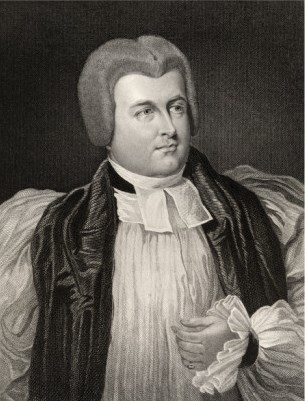
Robert James Carr (1774–1841) was an English churchman, Bishop of Chichester in 1824 and Bishop of Worcester in 1831.
William Tooker was an English churchman and theological writer, who was archdeacon of Barnstaple and later dean of Lichfield.
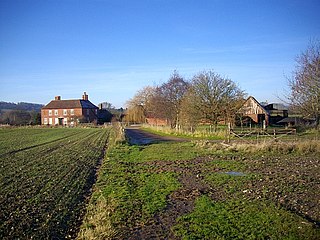
Henry Bright was a clergyman and schoolmaster in Worcester. He served for 38 years Headmaster at The King's School, Worcester, and is mentioned by Thomas Fuller and Anthony Wood as an exceptional teacher, particularly of Latin, Greek and Hebrew. The period was at the height of Neo-Latin writing and Latin medium teaching. Many of his pupils are notable for their faculty in Latin and Greek and their impact on theological matters.
Thomas Rogers was an English Anglican clergyman, known as a theologian, controversialist and translator.














